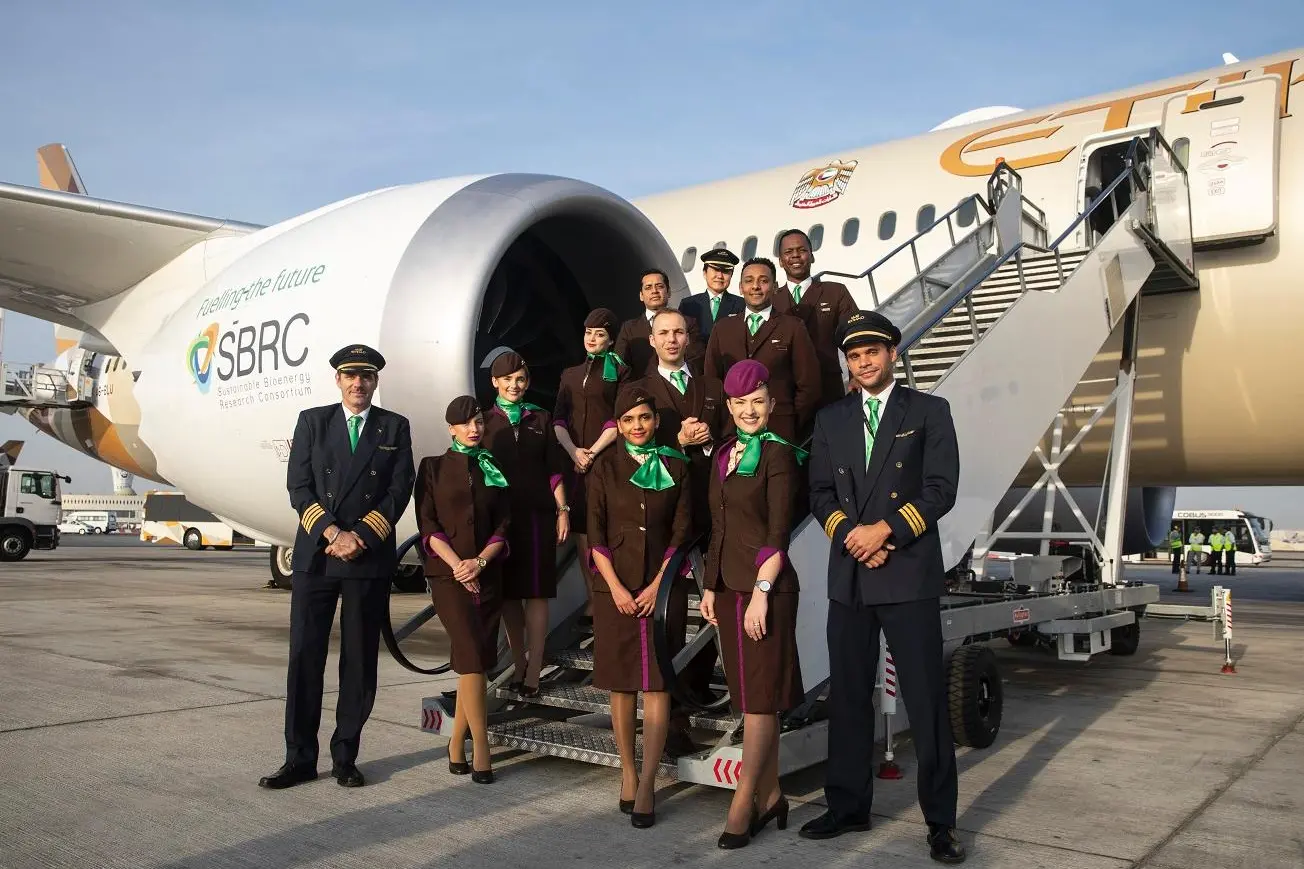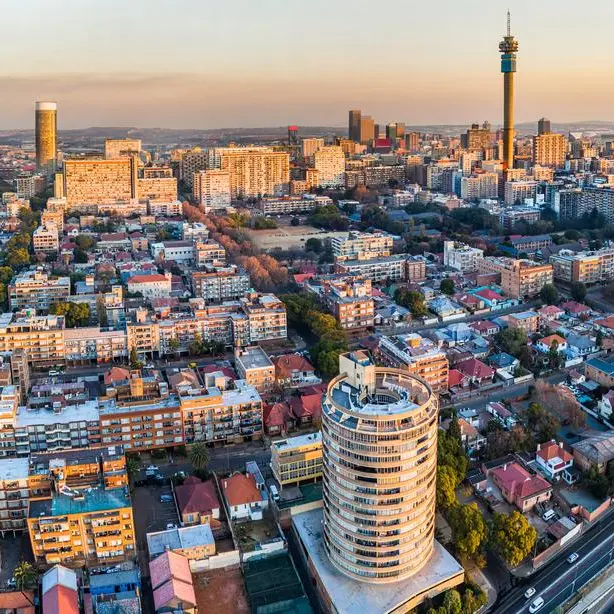PHOTO
Governments in the Middle East and Africa region have been urged to provide emergency support to airlines, who now grapple for survival amid plummeting passenger numbers due to mounting fears over coronavirus.
The International Air Transport Association (IATA) raised the appeal on Thursday as part of a worldwide campaign to raise $200 billion in emergency funding to rescue struggling companies in the aviation industry.
IATA said that the outbreak, with an economic impact far more widespread than Severe Acute Respiratory Syndrome (SARS) and the last global financial crisis, could cost airlines in the UAE alone some $2.8 billion in revenue losses and put at risk more than 163,000 jobs in the country.
Across the region, international bookings have already dropped 40 percent year-over-year and airlines have lost $7.2 billion in revenues as of March 11, 2020. Airlines in the region have also seen a 75 percent surge in ticket refunds between February 1 and March 11, compared to the same period last year.
“Airlines are fighting for survival. Many routes have been suspended in Africa and Middle East and airlines have seen demand fall by as much as 60 percent on remaining ones. Millions of jobs are at stake,” Alexandre de Juniac, IATA’s director general and CEO, said.
Companies in the air transport industry have been struggling to keep business operations going since the outbreak has led to massive flight cancellations, travel bans and restrictions. The UAE’s major carriers, Emirates and Etihad had already advised staff to take a vacation, as passenger traffic is dwindling on a daily basis.
Since the outbreak, the two airlines, as well as flydubai have so far suspended more than 90 routes and reduced frequencies on certain destinations, as governments around the world secured their borders and called on their citizens to stay at home.
Across the Middle East region, the number of cancelled passenger flights has reached 16,000 since the end of January, and the number, according to IATA, is expected to increase “exponentially” with additional containment measures in different countries.
The economic contribution of the Middle East air transport industry is estimated to be around $130 billion, supporting 2.4 million jobs and contributing 4.4 percent to the gross domestic product (GDP).
Support measures
“Due to the flight bans, as well as international and regional travel restrictions, airlines’ revenues are plummeting - outstripping the scope of even the most drastic cost-containment measures,” according to IATA.
IATA warned that airlines in the region are “facing liquidity and existential crisis,” with cash reserves estimated to tide them over for only two months.
“Support measures are urgently needed,” it said.
To help airlines survive, IATA recommended a series of measures, including extending direct financial aid to passenger and cargo carriers, as well as tax relief and loans.
“Several governments in Africa and the Middle East have already committed national aid for COVID-19, including Saudi Arabia, United Arab Emirates, Qatar, Bahrain, Egypt, Nigeria and Mauritius. Our ask is that airlines, which are essential to all modern economies, are given urgent consideration,” said Muhammad Al Bakri, IATA regional vice president for Africa and the Middle East.
The UAE government rolled out last week a $27 billion economic stimulus package to help cushion the economic impact of the outbreak.
(Reporting by Cleofe Maceda; Editing by Mily Chakrabarty)
Disclaimer: This article is provided for informational purposes only. The content does not provide tax, legal or investment advice or opinion regarding the suitability, value or profitability of any particular security, portfolio or investment strategy. Read our full disclaimer policy here.
© ZAWYA 2020



















